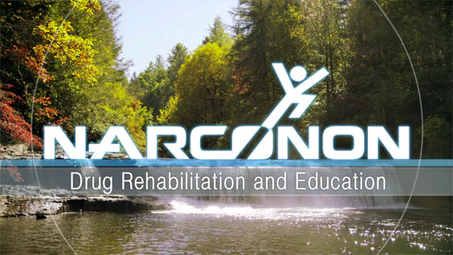DRUGS: WHAT YOU
NEED TO KNOW Booklet

Signs and Symptoms of Addiction

Addiction is a problem that affects tens of millions of Americans, the devastating and deadly effects on individuals, families and communities make it an urgent issue to identify and address. In 2020, more than 40 million people suffered from the effects of substance use, meaning that they were consuming drugs or alcohol at a harmful level. Most of these individuals will need rehabilitation and support to return to a sober life.
To help an addicted person, you must first know what signs to look for. That person might be able to conceal the signs and symptoms of addiction for a while, but not forever. If someone you care about shows the signs listed below, take action to find help for them.
Physical Signs and Symptoms of Drug Use and Addiction

Every drug creates its own symptoms. You may only see a few of the following signs, but observing them should alert you to take a closer look at this person’s health, behavior and activities.
- Bloodshot eyes
- Pupils larger or smaller than normal
- Changes in appetite or sleep patterns
- Deteriorating physical appearance or grooming
- Unexplained weight gain or loss
- Unusual smells on breath, body, or clothing
- Impaired coordination or tremors
- Changes in behavior
- Lack of energy or unusual bursts of energy
Physical Harm Resulting from Addiction
Serious diseases and physical deterioration can result from the long-term use of addictive substances.
- Heart and lung damage
- Cancer
- Hepatitis and HIV
- Liver damage
- Stroke
- Tooth damage and loss
- Impaired immune system
- Kidney damage or failure
- Brain damage
Changes in Quality of Life

- Declining performance at work or school
- Deteriorating care of children, spouse or home
- Legal situations
- Traffic accidents or multiple tickets or loss of one’s license
- Arrests for drugs, disorderly conduct or assaults
- Loss of job, business or home
Behavioral or Mental Problems
An addicted person may begin showing emotional or mental changes, or their behavior may begin to drastically change. Watch for signs such as these:
- Erratic mood and behavior
- Risk-taking, such as reckless driving or promiscuity
- Being anxious, depressed, paranoid or fearful
- Suffering delusions or hallucinations
- Appearing foggy or spaced out
- Borrowing money repeatedly
- Poor memory
- Unexplained changes in friends or hobbies
Reasons Addiction May Not Be Obvious
Parents and friends may wonder why they didn’t notice a loved one’s addiction earlier. An addicted person generally takes pains to conceal their problem from others. They may not ask for help because they feel their problem is hopeless and the only thing they can do is to secretly continue to consume the substances they are addicted to.

Early in their addictions, many people are able to conceal their destructive habits. They may not have yet begun to suffer the loss of function at work and at home. It’s possible that only someone who is with this person daily would know the truth.
Many addicted people will avoid family and friends as much as possible. Sons and daughters skip family events, offering thin excuses. Eventually, they may disappear completely, not even bothering to make up excuses.
A family member that discovers that a loved one is addicted should only focus on finding an effective rehabilitation program for their loved one. No one wants to be addicted, no matter what claims the person may make. The most important thing once addiction has been identified is helping that person begin an effective rehab program that can return them to a lasting sober and productive life. In this way, they can avoid the most deadly effects of addiction.
Signs & Symptoms of Commonly Used Drugs
Club Drugs
People consuming club drugs say they are just looking for a good time, but that good time can turn into mental or physical damage, addiction or even death.
read more
Cocaine
Because a cocaine user will often try to conceal their drug use, it's important for friends and family to be able to identify the signs of use. When cocaine use develops into long-term use and addiction, the signs usually become unmistakable. At that point, finding an effective rehab program is essential.
read more
Hallucinogens
Despite having completely unpredictable and lasting effects that can include psychosis requiring hospitalization, hallucinogen use continues to be popular among some groups.
read more
Prescription Drugs
Prescription drugs can help people overcome medical conditions, manage pain, and are essential for people with chronic diseases, such as diabetes. When they are abused by a person wishing to get high, they no longer help the user. In fact, they may cause unconsciousness, amnesia and death.
read more
Synthetic Drugs
Synthetic drugs are among the most dangerous drugs in the world, but some of their worst effects are on the minds of the users. This makes them no less deadly, however.
read more


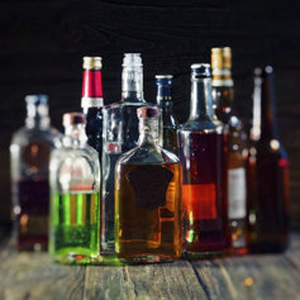
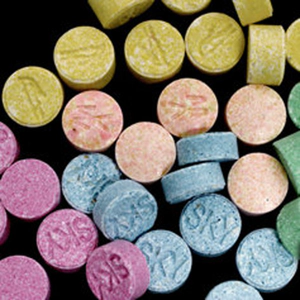
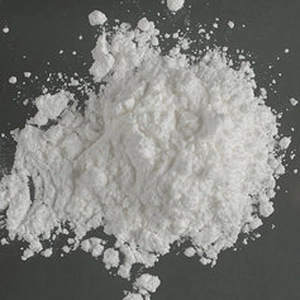
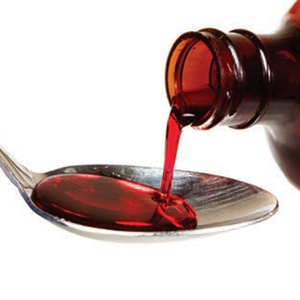
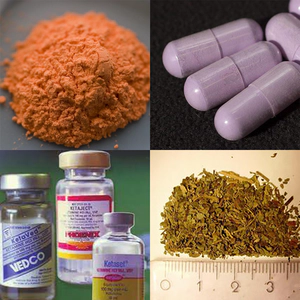
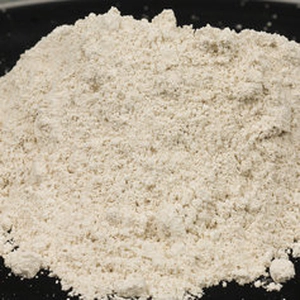
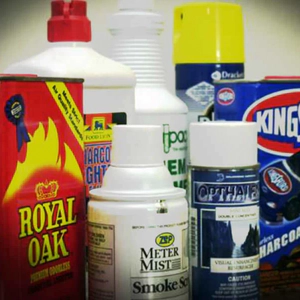
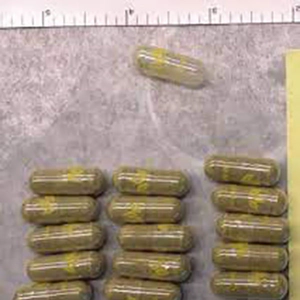

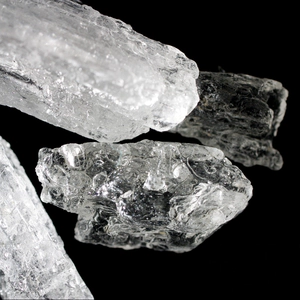
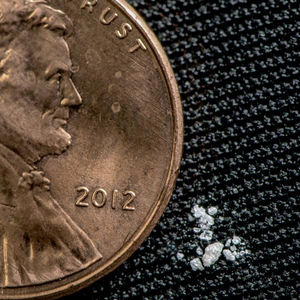
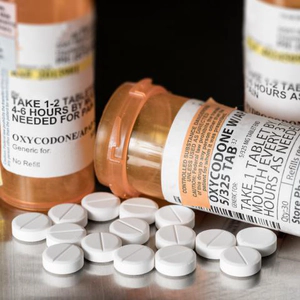
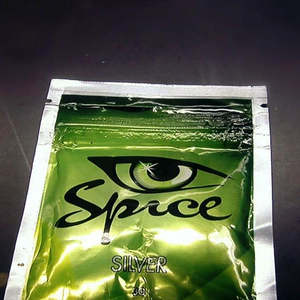
 ®
®
